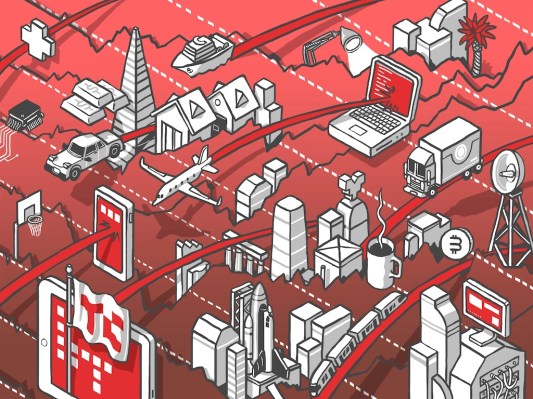Last night, Klaviyo, a Boston-based marketing automation company, priced its IPO at $30 per share, $1 above its previous price range, which it had raised recently. This pricing looks to be a win for the late-stage startup, as it gives the company a fully diluted valuation of around $9.2 billion, which isn’t all that far from its last private valuation of $9.5 billion.
The Exchange explores startups, markets and money.
Read it every morning on TechCrunch+ or get The Exchange newsletter every Saturday.
After making us wait, Klaviyo started trading at around $37 per share and is currently at $35.51 per share, up nearly 18%. Akin to other recent IPOs, Klaviyo is having a good first trading day.
Defending — or nearly defending — a 2021-era valuation in a 2023 IPO is impressive, given how much the value of tech companies has changed in the past year and a half. In fact, venture capitalist Jason Lemkin used Klaviyo’s pricing and trading today to tell startups that its debut will be the “ultimate” measuring stick for other software companies in 2023 and 2024. Whatever Klaviyo manages in terms of its valuation and resulting metrics, private tech companies are “almost certainly worth less” than what the newly public concern manages, he wrote.
A high-water mark, then. And given the company’s recent financial performance, we agree.
Klaviyo’s IPO pricing is the third win in a row for tech companies going public. Arm’s share price climbed rapidly after its debut, and it’s still trading above its IPO price. Instacart priced at the top end of its revised price range and has defended that figure thus far. And now Klaviyo has priced above its revised price range.
Is it all systems go, then? Will we see a host of IPOs so numerous that it will blot out the sun and snow us under a wave of SEC filings? Probably not.
If we annualize Klaviyo’s H1 2023 revenue and compare it to the estimated $9.2 billion valuation, we arrive at a 14.3x revenue multiple. That is a solid, respectable multiple at which many unicorns are going to struggle to keep their horn, let alone defend a multi-billion-dollar price set back in 2021.
Thus the conundrum facing late-stage startups that are trapped between a private market with fading capital availability and a public market that has been either shut or simply not as accommodating.
The best companies will be fine. The old venture maxim “The best companies will always get funded” does have a stock market corollary, which is that “world-class companies can always go public.” So expect IPOs in the coming quarters, just not as many as we would have liked to see.
With that, I have to go back to preparing for the second day of Builders Stage material for Disrupt! If you see me at the event, snag me and say hi!
